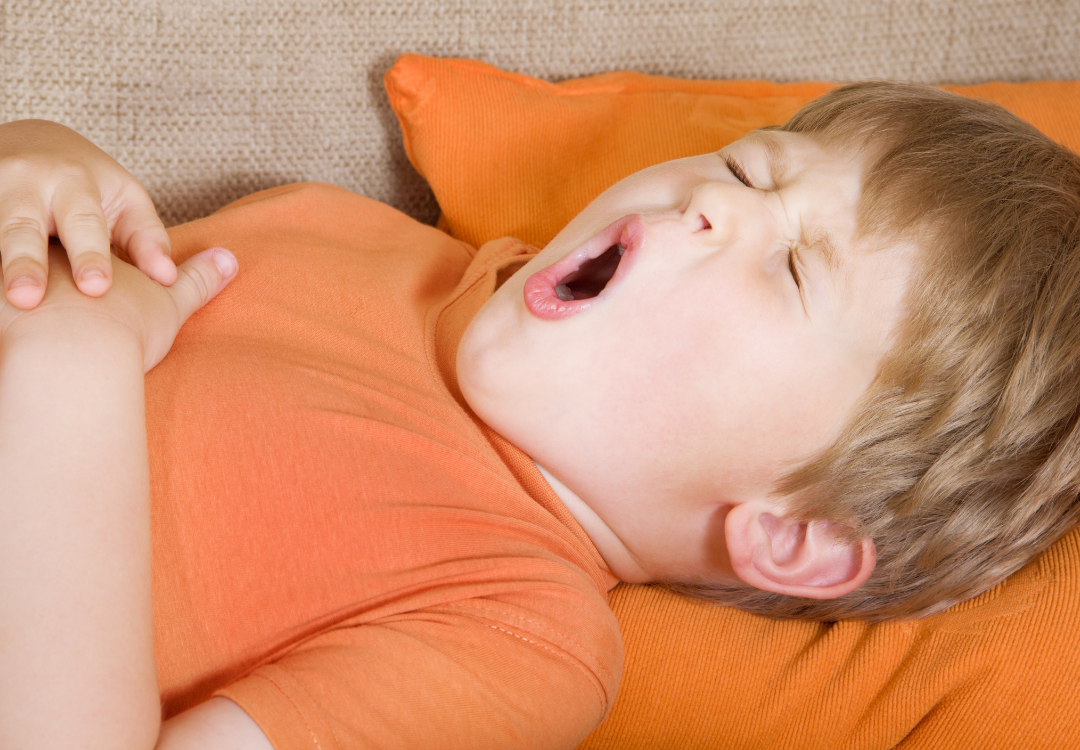By Dr Ross Headifen, Founder Biogone
At Biogone, and in my role at Beach Patrol, I often talk to schools about teaching the kids how to look after the oceans and its wildlife, specifically around plastic use. We discuss the cling wrap mum often puts in a suite of plastics in their children’s lunch box, including a disposable bottle of water, small items like nuts or fruit pieces in zip lock bags, small chip packets and individual cakes wrapped in plastic packaging. The list is endless.
Kids under ten are very impressionable. It is where habits begin to formulate and solidify so I really love to present to these age groups. They are open to a world of possibilities.
Firstly, the kids need to understand why they have to be sustainable. They may not understand the word ‘sustainable’ too much as their parents provide them with everything. They may not be aware of the global issues around plastics.
The theme of wildlife is the one that rings the most recognition with them. Young children as young as five understand it very well, knowing we need to protect the dolphins, turtles, seals, birds etc.
Getting them to relate to what products they use and what it could do to a turtle makes a big connection with them. Getting them to understand climate change is a bit more complicated as it is more of an older student concept. Younger children tend to regurgitate what they have been told on that.
So depending on what age group you are going after then, if children are under 12, try focussing on
- What does mum or dad give you that you think could hurt a dolphin if it got into the ocean or could be picked up by a mummy bird to take home to its babies.
- Can you ask your mum to not use the cling wrap, but put it in a reusable container?
- Not to use the zip locks but other reusable containers.
- Don’t use balloons at parties or at school, blow bubbles instead?
- When you go to a restaurant tell them you don’t want a plastic straw. If we all told them we didn’t want a plastic straw as it will hurt turtles then they would stop supplying them and look for more animal-friendly options.
If it is older kids, 12-18 then a different wording is needed. Can be the same items above but worded in a more mature language.
- When you go to the grocery store, don’t buy vegetables wrapped in plastic
- Don’t get plastic bags from grocery stores, take reusable ones
- If you pick up litter, enter the data on the LitterStopper app so the government will receive your data and help them to make sustainable policies
- Have a look for trendy clothes from Op shops or share clothes with your friends.
- Use a reusable water bottle or coffee cup. Get in the habit of carrying them in your bag or car
- Can you ride your bike instead of going in your parent’s car?
- Think about getting an electric bike or scooter instead of a petrol engine scooter
The important thing is to start those conversations and continue to work on those discussions which will eventually turn into smart sustainable practices, one plastic footprint at a time.
Ross has a Ph.D in Engineering from The University of Texas and has been working on environmental issues since 1995.
In 2013 he co-started a company called BioGone. BioGone aims to replace conventional plastic products with landfill-biodegradable products. Many single-use plastic products will last 100’s of years, Ross believes this is a disastrous situation to be in. We should not be making them in the first place. However, till we get people off this addiction, he wants all plastics to be able to naturally biodegrade away in a few years. We should not be leaving our waste for future generations to deal with Ross tells people.









